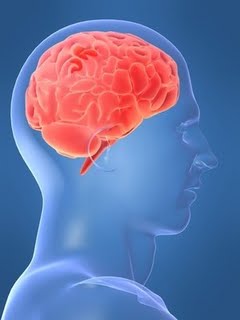Psychologists see images of brain's response to
 Washington, Nov 12 : For the first time psychologists were able to see exactly how the human brain responds to unexpected or traumatic events. The study could lead to procedures that could help identify people with post-traumatic stress disorder (PTSD).
Washington, Nov 12 : For the first time psychologists were able to see exactly how the human brain responds to unexpected or traumatic events. The study could lead to procedures that could help identify people with post-traumatic stress disorder (PTSD).
Researchers at the University of Alabama in Birmingham (UAB) used functional magnetic resonance imaging (fMRI) to see how activity in brain areas are linked to fear and how memory responds when someone is startled by a loud static sound.
"When the noise is unexpected, the brain's response is larger," said UAB psychologist David Knight, who was also the principal study investigator.
"But when participants are able to predict when they are going to hear the unpleasant static noise, you can see the regions of the brain quiet down so that a smaller emotional response is produced."
"While past studies have looked at this startle phenomenon behaviourally, this is the first look at what is actually happening in these regions of the brain when someone is exposed to an unpleasant, unpredictable event," Knight said.
An analysis of the brain scans showed that unpleasant events produced activity within the frontal lobe of the brain. The amount of activity was reduced when participants expected the unpleasant event, but not when the event was unexpected.
Further, the amount of activity within these brain regions controlled the emotional response that was expressed, a UAB release said.
"These findings are a first step in identifying techniques and procedures that will allow us in future studies to go in and look at patient populations and better understand how their brains respond to negative or unpleasant stimuli," Knight said.
These findings will appear in the January 2010 issue of NeuroImage.(IANS)